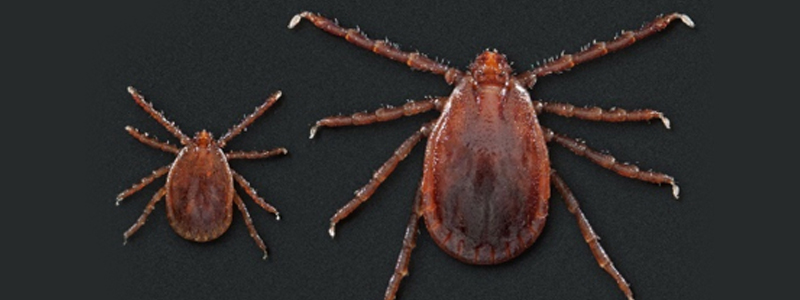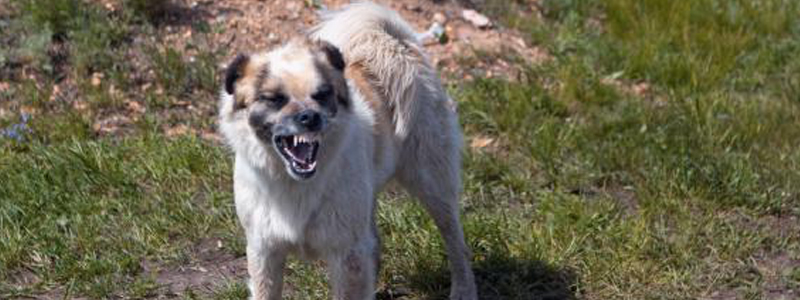BY: SAMANTHA BARTLETT, DVM
The Vaccination Against Canine Cancer Study (VACCS) is a collaboration between three veterinary schools – University of Wisconsin-Madison, University of California-Davis, and Colorado State University – to study the efficacy of a vaccine in the prevention of cancer in a population of dogs. If it works, the potential exists for a cancer vaccine in both dogs and humans.
The vaccine targets 30 surface proteins, known as frame shift mutations, found in cancer cells and is being given to healthy dogs. The theory is the vaccine will prime the immune system to look for these proteins and attack them if any occur in the body, thereby killing cancer cells before they start. The vaccine will target several different types of cancer including lymphoma, osteosarcoma and mastocytosis.
This is a shift from traditional approaches to cancer where a vaccine is developed for a specific type of cancer and individualized to the patient after the cancer has developed. By targeting multiple types of cancer, the potential for prevention of cancer is much greater and covers a larger population of patients in addition to being significantly more cost effective than traditional targeted vaccines.
This is the largest clinical trial for canine cancer with 800 patients enrolled in the study. Earlier trials with mice indicate that the vaccine has potential for success but does not guarantee it will be effective for dogs or people. The trial will run over five years with dogs receiving either the vaccine or a placebo. Researchers will be monitoring subjects for any adverse reactions over time. The participants will live at home and will be checked by researchers two to three times per year to monitor for potential cancer development over the five-year period.
Cancer causes about 30% of all canine deaths. Study participants receiving the placebo vaccine are expected to develop cancer at this rate. Researchers hope that the participants that receive the real vaccine will be shown to develop cancer at lower rates. More information on VACCS can be found at https://www.csuanimalcancercenter.org/vaccination-against-canine-cancer-study.











